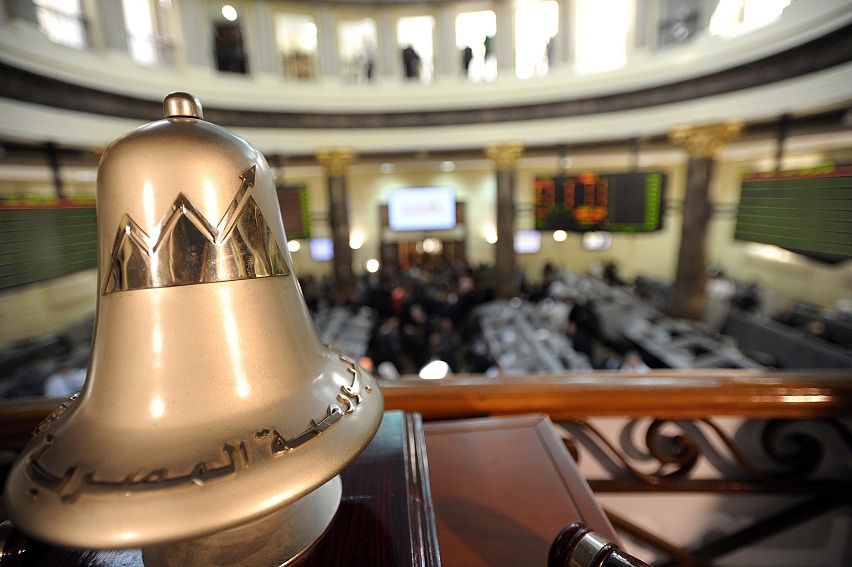Egypt’s Industrial Development Group (IDG) has outlined its strategy for 2025, aiming to invest EGP 3bn into developing industrial land in various regions across the country. The company plans to accelerate land development and infrastructure improvements in key areas such as 6th of October City, Alamein, and East Port Said, with additional plans to secure a new allocation in the New October area.
Shady William, Managing Director of IDG, revealed that the company has invested approximately EGP 450bn to develop a total of 24.4 million square meters of industrial land. According to William, IDG currently owns 6 million square meters in 6th of October City and Alamein, with an additional 2.6 million square meters under allocation in the New October area. The company also has 16 million square meters in East Port Said, a region focused on complementary and feeder industries.
Development Timelines
William outlined the projected development timelines, stating that the industrial zones in 6th of October and Alamein are expected to be fully developed within 3 to 5 years. However, the development of East Port Said is anticipated to take 10 to 15 years.
For the Alamein industrial zone, William noted that IDG has successfully sold 50% of the first phase in 2023 and 2024, with plans to sell an additional 25% during the current year.
New Industrial Partnerships
IDG is also pursuing strategic partnerships in various sectors. The company plans to enter into 3 to 4 partnerships with foreign investors by 2025, focusing on industries such as automotive manufacturing and pharmaceuticals. Additionally, IDG is exploring opportunities for collaboration with specialized automotive companies to establish industrial activities and feeder industries within its zones.
As part of its expansion efforts, IDG is considering investments in the African market, aiming to develop integrated industrial zones on the continent.
Impact of Interest Rates on Development
William addressed the challenges posed by recent interest rate increases, which have impacted development activities, particularly since industrial land development relies partially on bank financing. He noted that the higher borrowing costs have created additional pressure on investments. However, IDG is adapting by efficiently managing costs and prioritizing projects to mitigate these negative effects. William expressed optimism that interest rates would begin to decrease soon, helping to accelerate investment in various projects.
The IDG Managing Director also highlighted that many of the production components used in developing industrial zones—such as fiber optics, cables, and sensor devices—are priced in U.S. dollars, adding another layer of complexity to managing costs. He noted that IDG hedges against price fluctuations due to global events or changes in the exchange rate of the Egyptian pound by executing projects in multiple phases, ensuring profitability while accelerating development to minimize exposure to price volatility.
Industrial Growth and Global Engagement
William emphasized that IDG’s role extends beyond merely allocating or selling land and providing utilities in the industrial zones. The company aims to support industrial complexes with a one-stop-shop service, offering a wide range of solutions either in-house or through partnerships with certified providers at competitive prices. He also pointed out that IDG is capable of selling land in US dollars to foreign investors, with 47% of its clients being international investors.
In conclusion, William highlighted the company’s ability to deliver projects efficiently, noting, “We delivered one project in two years, while the state typically grants us five years for such projects.” This approach, combined with IDG’s commitment to a full-service offering, positions the company as a key player in the development of Egypt’s industrial sector.




